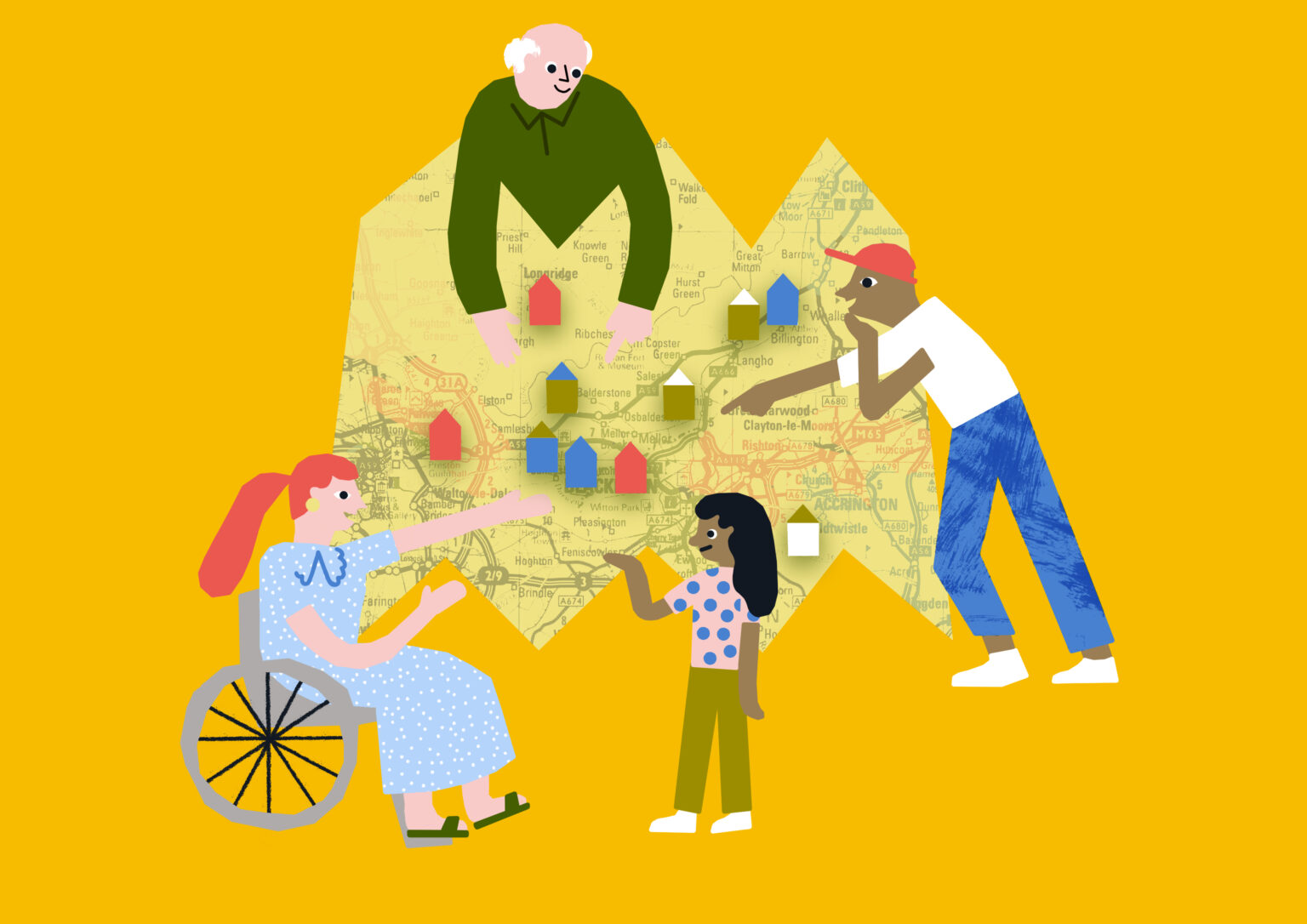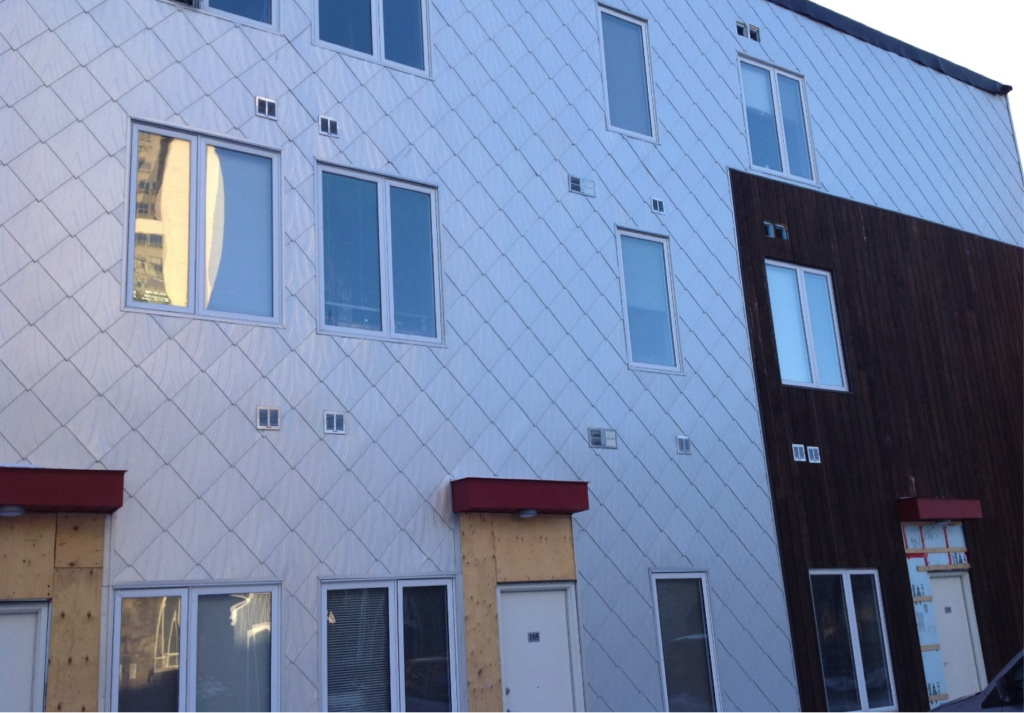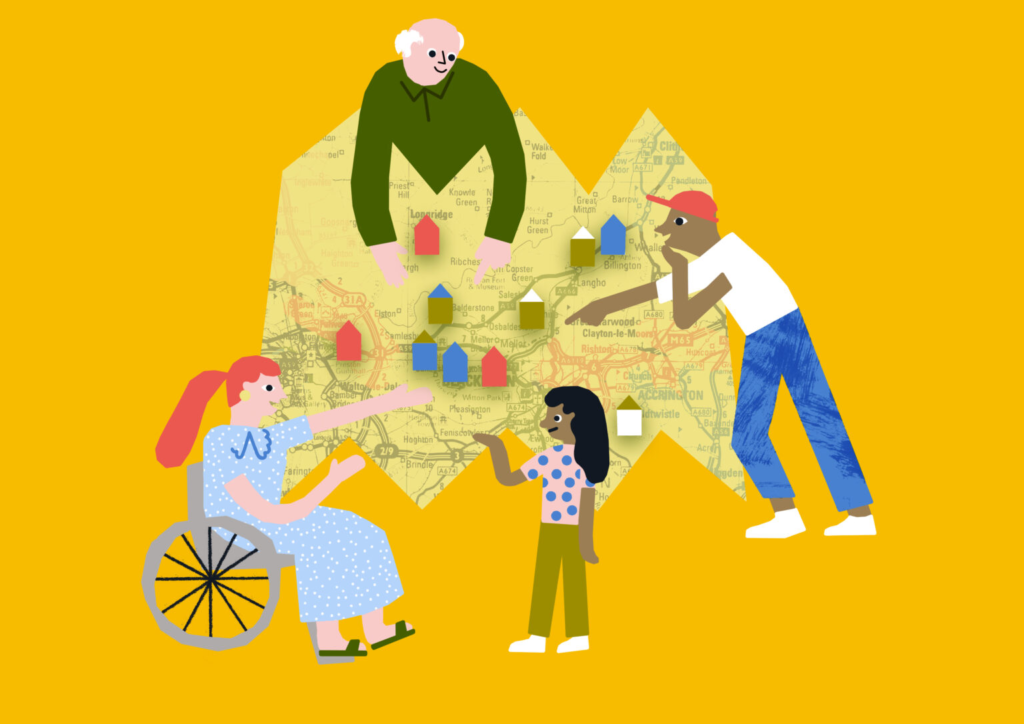City Know-hows

How can community consultations in planning be more effective, inclusive, and be ready for the post-pandemic era? Results from the project Community Consultation for Quality of Life find that participation in consultation can lead to increased wellbeing for individuals and communities.
Share
Target audience
Planning professionals, builders, developers, architects, community engagement professionals, councils, government (local, national, and international) bodies and non-government organisations, regeneration and systems change organisations.
The problem
Although the UK has evolved in the way it engages with communities since the 1966 Skeffington report to The Levelling up and Regeneration Bill 2022, consultation plays out differently across the four nations of the UK. The current state of community consultation in the UK is a tick-box exercise, often at the end stages of development process, and missing feedback to consultees. There is a lack of cohesive, one-stop space for consultations, digitally or face-to-face.
What we did and why
The study developed a process of community consultation that involved the Urban Room concept, a Participatory Mapping tool, and the Quality of Life Framework. We piloted and tested four Urban Rooms (for face-to-face and digital consultation) in the different nations of UK, for increasing engagement with diverse communities, with a digital mapping exercise to understand locations that improve the quality of life. A programme of activities were planned providing multiple entry points of participation.
Our study’s contribution
We found that participation in community consultation both enhances quality of life and help with the collection of data on locations that enhance the wellbeing of individuals and communities. Our findings also show that:
Impacts for city policy and practice
Our study tests and develops tools, methods, and best practice guidelines for doing effective community consultation and engagement. It sets out a range of ways in which inclusive, map based, planning consultation can contribute to Quality of Life by offering empowering opportunities to ‘be heard’, as well as a range of spillover benefits in terms of connecting people and organisations, knowledge exchange and sociability.
Further information
Community Consultation of Quality of Life. Project information, background, and next steps can be found at: https://www.qolf.org/projects/community-consultation-for-quality-of-life-ccqol/
Publications from and connected to the project:
Public participation in planning in the UK: A review of the literature https://housingevidence.ac.uk/wp-content/uploads/2022/04/220406-Public-participation-in-planning-in-the-UK_v3.pdf
A code of practice for Community Engagement: https://www.qolf.org/code-of-practice/
Inclusive Engagement toolkit: https://www.qolf.org/what-we-do/inclusive-engagement-toolkit/
Quality of Life Foundation – Good practice case studies: https://www.qolf.org/
Full research article:
Improving neighbourhood quality of life through effective consultation processes in the UK: learnings from the project community consultation for quality of life by Ruchit Purohit, Flora Samuel, John Brennan and Lorraine Farrelly.
Related posts

There is a need for specific municipal social service housing programming aimed at helping seniors navigate rental listings, identify suitable rentals, and then secure and retain rental housing.

How can community consultations in planning be more effective, inclusive, and be ready for the post-pandemic era? Results from the project Community Consultation for Quality of Life find that participation in consultation can lead to increased wellbeing for individuals and communities.

Odour pollution impacts our mental and physical wellbeing without being noticed very often – bad smells can have a negative impact on how we think and feel. Bad odour can affect our work and home environments in a negative way so why don’t we take it more seriously?